DENVER — Colorado rail transit passengers are apparently a pretty honest group.
The Denver-area Regional Transportation District, like many systems, uses honor-system ticketing, but performs random checks for tickets. In 2018, Colorado Public Radio reports, just 0.12 percent of those using RTD commuter trains were found to be evading fares. On the RTD’s light rail system, 1.67 million riders were checked, and 27.469, or about 1.6 percent, did not have a valid fare, according to an RTD report.
First-time fare evaders are given a warning and removed from the train; subsequent violations can draw a fine of up to $106.50 and be suspended from the system. More than 3,200 citations were issued in 2018.
The RTD estimates it loses about $850,000 annually from fare evasion. It has considered adding turnstiles and gates, but a 2011 study showed the equipment would cost $175 million to install and $16.7 million annually to operate.





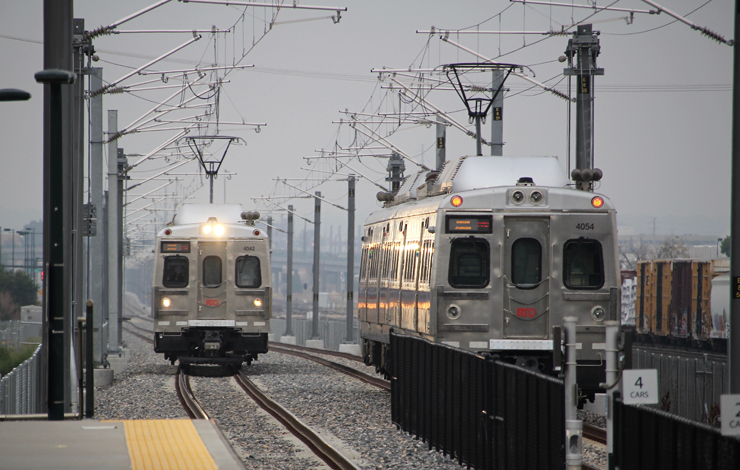

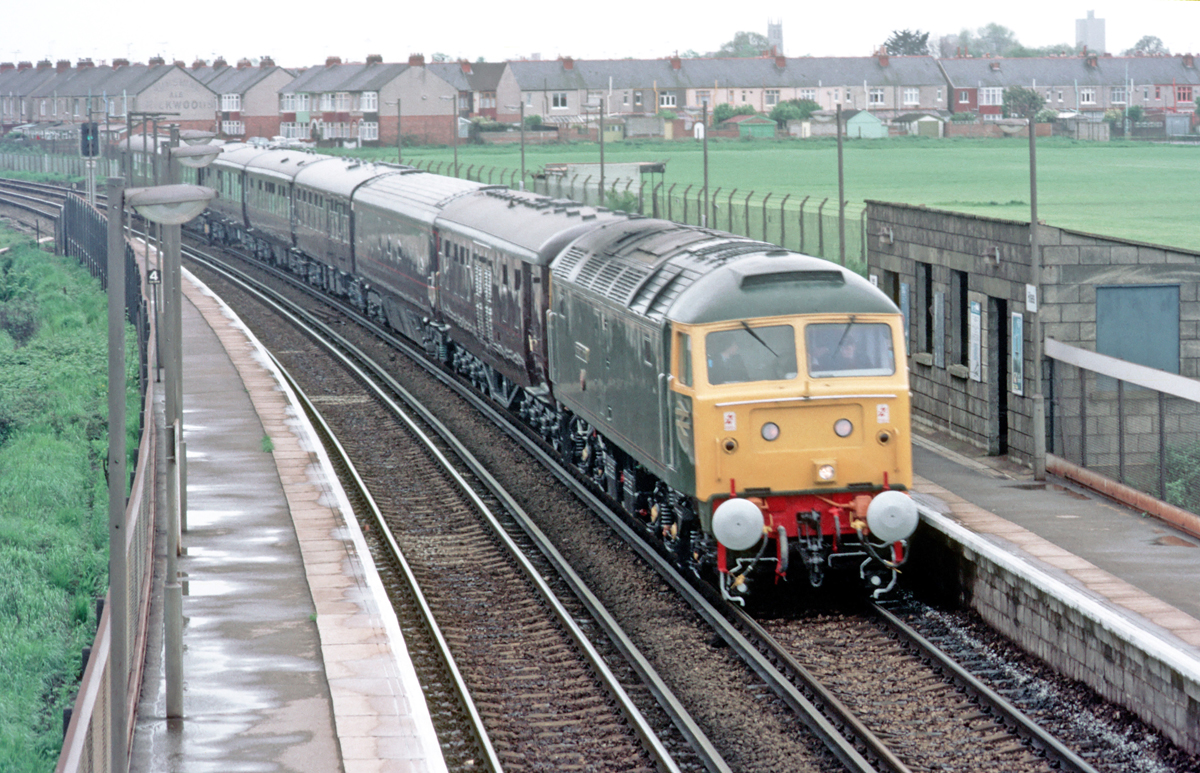
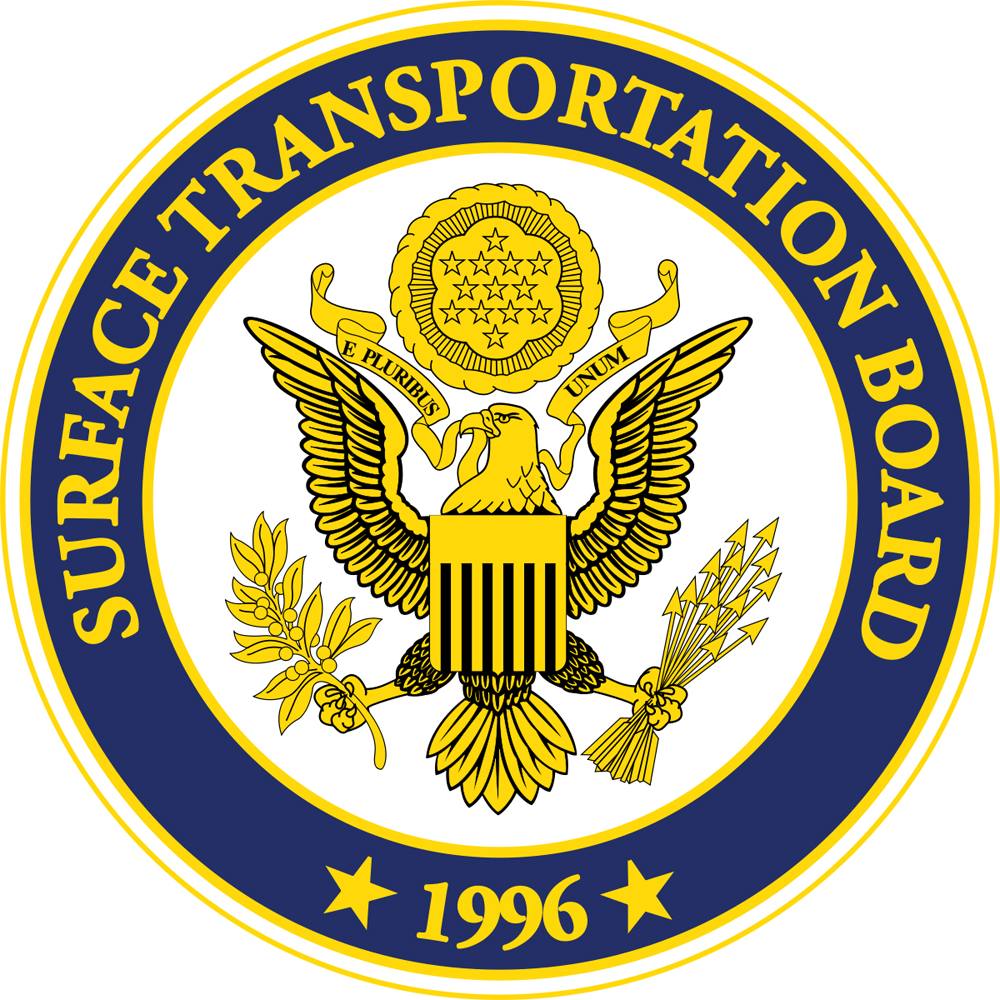
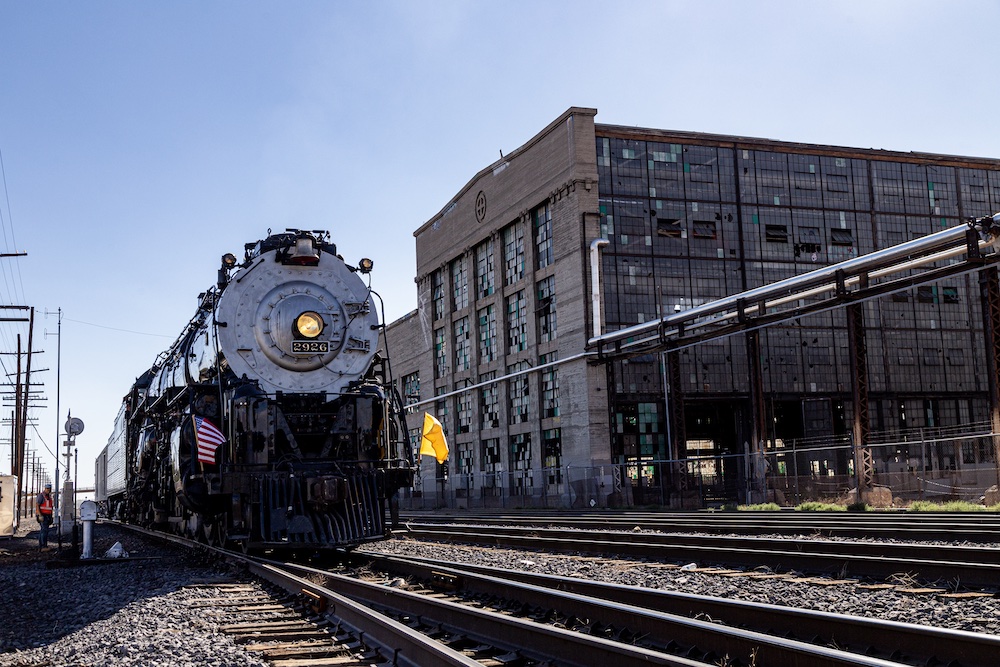
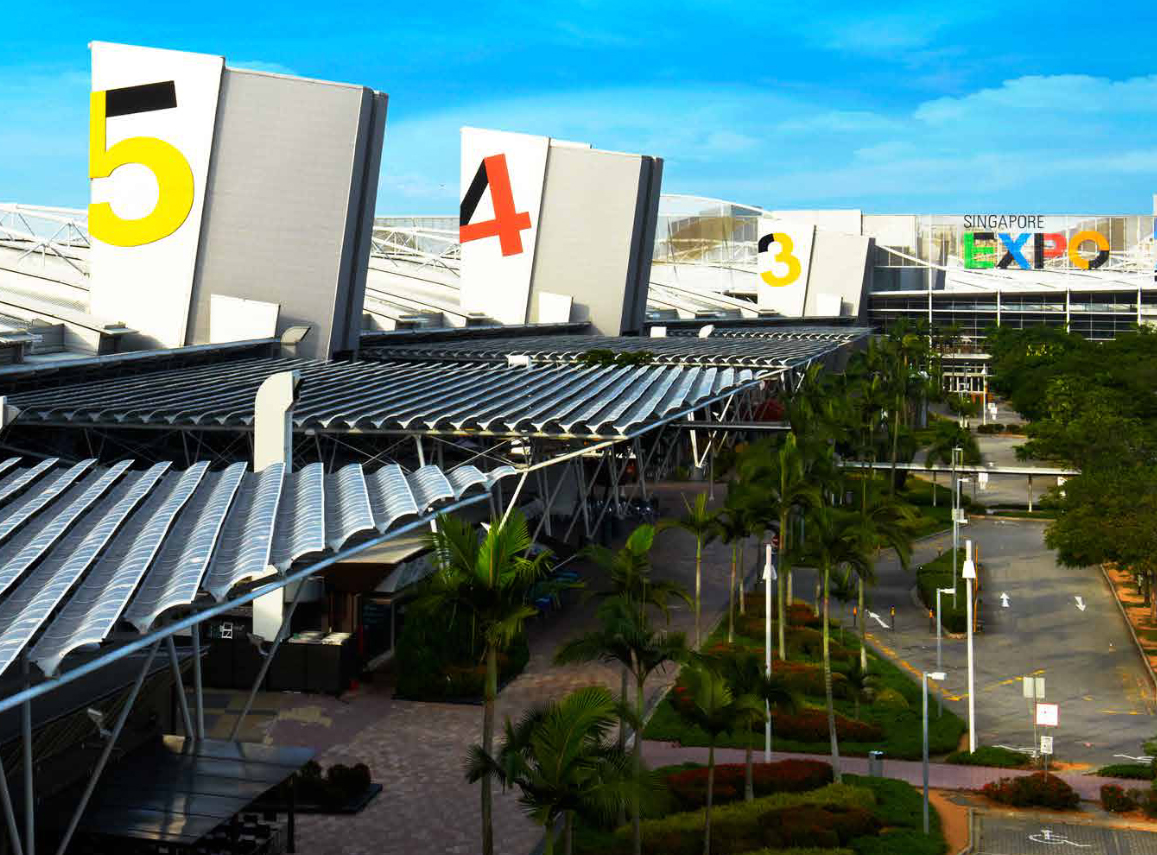




PS Anna Harding i appreciate your comments, enough that on a few occasions I plagiarize. Sometimes I’m laughing too hard to hold the control c buttons on the computer.(to paraphrase Milton Berle, IIRC)
In other words it is cheaper to use the current system then to pay for fare hates and ticket takers. The cost per year of $850,000 is less then the cost of the money that would need to be borrowed to pay for the fare gates.
Mister Bouzide:
Swimming in the sewer as I do I have seen, in my time, really more than I care to have seen. I could not possibly have gotten mixed up in the so-called “criminal justice” industry – and make no mistake, it is an industry – lucrative as it could have been. I am simply not that depraved.
There are no good answers to the public mental health crisis but there is also no doubt that it is seriously underfunded, to the point where the jails and prisons are bulging with people who really belong in hospitals instead – except there are no hospitals for them to be in and incarceration, which does not bring with it treatment, is the catch-all.
And I agree with you that substance abuse (drug AND alcohol) is but a symptom, not the cause, but there is lots of money to be made by keeping the status quo and locking people up rather than helping them and returning them to society as productive citizens. Baptists and bootleggers, my boy, Baptists and bootleggers …
If you think you now have contempt for the legal profession you should see the whole apparatus from my perspective. There is a reason I am an overseer rather than in private practice. I like my money clean.
The above comments are generic in nature and do not form the basis for an attorney/client relationship. They do not constitute legal advice. I am not your attorney. Any accountant in town will tell you 2+2 equals 4, but a really good accountant will tell you whatever you would like it to be.
anna: Reagan said that,in reference to Russian promises. Yes, going after the non compliant costs way too much for little benefit. Public shaming using spot checks would be better. Also, likely fellow passengers know when someone cheats too. Cheers
Bravo Anna.
I’d add that the most problematic and antisocial homeless are casualties of defunding public mental health facilities back in the 80s, with their charges released to the street.
And before someone chimes in with “but the drug abuse”, my view is that the scourge of drug abuse (which includes alcoholism as the by far largest slice of the pie) is a symptom and not a root cause. It takes good mental health to avoid turning to intoxicants to cope and that starts with society demonstrating that everyone has value.
The S-Bahn/U-Bahn system in Berlin used the same system when I visited in 2003 (probably still does today.) My sister joked that it was a terrible idea to cheat because the railway employed former East German Stasi to perform spot checks for validated tickets. Joking or not, one of the trains I traveled on was subjected to a “verification” and I wouldn’t doubt those guys were former Stasi. Serious as a heart attack doesn’t even come close to their demeanor. To make matters worse, I accidentally validated my ticket on the wrong side. The gentlemen gave me a withering look after flipping over the ticket and finding the validation. They hauled few people off the U-bahn train I was on, presumably for the lack of ticket.
Reminded me of the scene in the Last Crusade where Indiana Jones throws the guy out of the blimp and tells everyone “No ticket!” as they stare in disbelief.
There will always be freeloaders no matter what the situation. You can tolerate the situation, or you can try to stamp out every last one of them. But the problem is that enforcement can get expensive.
The point you want to be at is where the differential cost of the enforcement scheme is (e.g, the cost of adding enforcement) is just slightly less than the enhanced revenue gained by that enforcement. There will be those who slip through the net, but it is not cost effective to go after them.
This does not sit well with the Puritans amongst us who say “No! You must get every single freedloader, and [deleted] the cost.”. Such people lose sight that the objective here is revenue maximization, not social purity.
Honour systems seem to work pretty well – most people are honest and will buy a ticket. For those who take their chances, that is why we have spot checks.
Gorbachev was right: “Trust. But verify.”.
The above comments are generic in nature and do not form the basis for an attorney/client relationship. They do not constitute legal advice. I am not your attorney. He took the A Train.
Thank you and God bless you Ms. Harding for your kind and good heart!
How do 27.469 people not have a valid fare? Who is the 0.469 person?
Mister Petit:
Au contraire, mon ami. We live in a society where people are an expendable resource. In the play “Death of a Salesman” there is the line “A man is a piece of fruit. You eat the meat and throw away the rind.”. This is the ethos in America and it generates casualties, some of whom become homeless.
The problem is not that the homeless are riding the trains at night and in the cold, the problem is that there are homeless in the first place. To be sure there are some people that you just cannot reach, but the majority are just like you and me, except that they have been chewed up and spat out.
If you want to get the homeless off the trains, advocate for a more equitable society, one which does not view its members merely as an exploitable resource, to be discarded when done.
The above comments are generic in nature and do not form the basis for an attorney/client relationship. They do not constitute legal advice. I am not your attorney. Support your local food bank, emergency shelter, and Midnight Mission.
Our problem in the Twin Cities is that the homeless use the trains at night and in the cold. There is really no way of keeping them off and a $100 fine is meaningless.
I think this is partly due to good enforcement. On a recent trip to Denver, during which I rode RTD a lot, I was checked fairly often, compared to my home transit system in Portland, OR which has very few enforcers and seems to be scammed often.